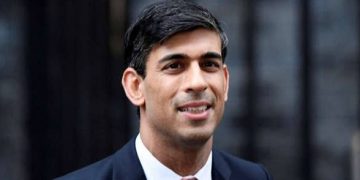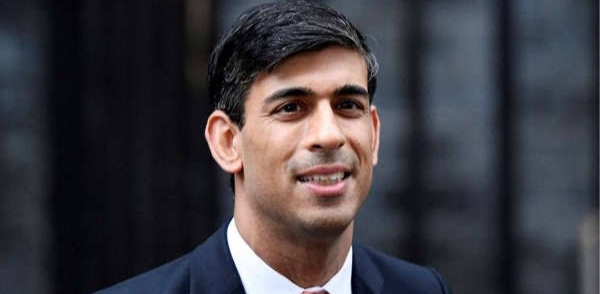By John Ikani
In a move aimed at funding public sector pay rises, the British Government has announced its plan to raise fees for migrants’ visa applications and their access to the National Health Service (NHS).
Prime Minister Rishi Sunak made the announcement during a press conference on Thursday, stating that the fee hikes would have a significant impact.
“Our first step will be to increase the charges for migrants applying for visas when coming to our country,” Prime Minister Sunak explained.
He also mentioned the immigration health surcharge, which is a levy paid by migrants to access NHS services.
“All of these fees will see an increase, ultimately raising over a billion pounds,” Sunak added.
Furthermore, the Prime Minister called upon unions to cease their ongoing and planned industrial actions, as he believes a fair deal for workers has been found.
In a tweet, Sunak expressed his optimism about the proposed agreement, stating, “I have just announced a fair way to end the strikes, and already all teaching unions are backing it. It’s a fair deal for workers and the British taxpayer. This breakthrough will greatly benefit parents and families across the country.”
According to the deal, various sectors will receive pay rises in the coming years. Police officers are set to receive a 7% increase in the 2023-24 period, while teachers will see a rise of 6.5%.
Senior NHS staff will experience a 6% increase, junior doctors will receive a 6% raise along with a one-off payment, and armed forces personnel can expect a 5% increase, also accompanied by a one-off payment.
These measures come amidst a challenging economic landscape, with the country’s inflation rate soaring to 8.7%, well above the Bank of England’s 2% target.
Despite the circumstances, Prime Minister Sunak emphasized that the government’s offer is final and there will be no further negotiations on pay this year.
He affirmed, “Today’s offer is final. There will be no more talks on pay. We will not negotiate again on this year’s settlements, and no amount of strikes will change our decision.”
The UK government has faced significant challenges, including widespread walkouts across various sectors.
Reports from unions, universities, and think tanks indicate that these disruptions have been attributed to the fallout from the Ukraine war, the implications of Brexit, and a deepening cost-of-living crisis.




































